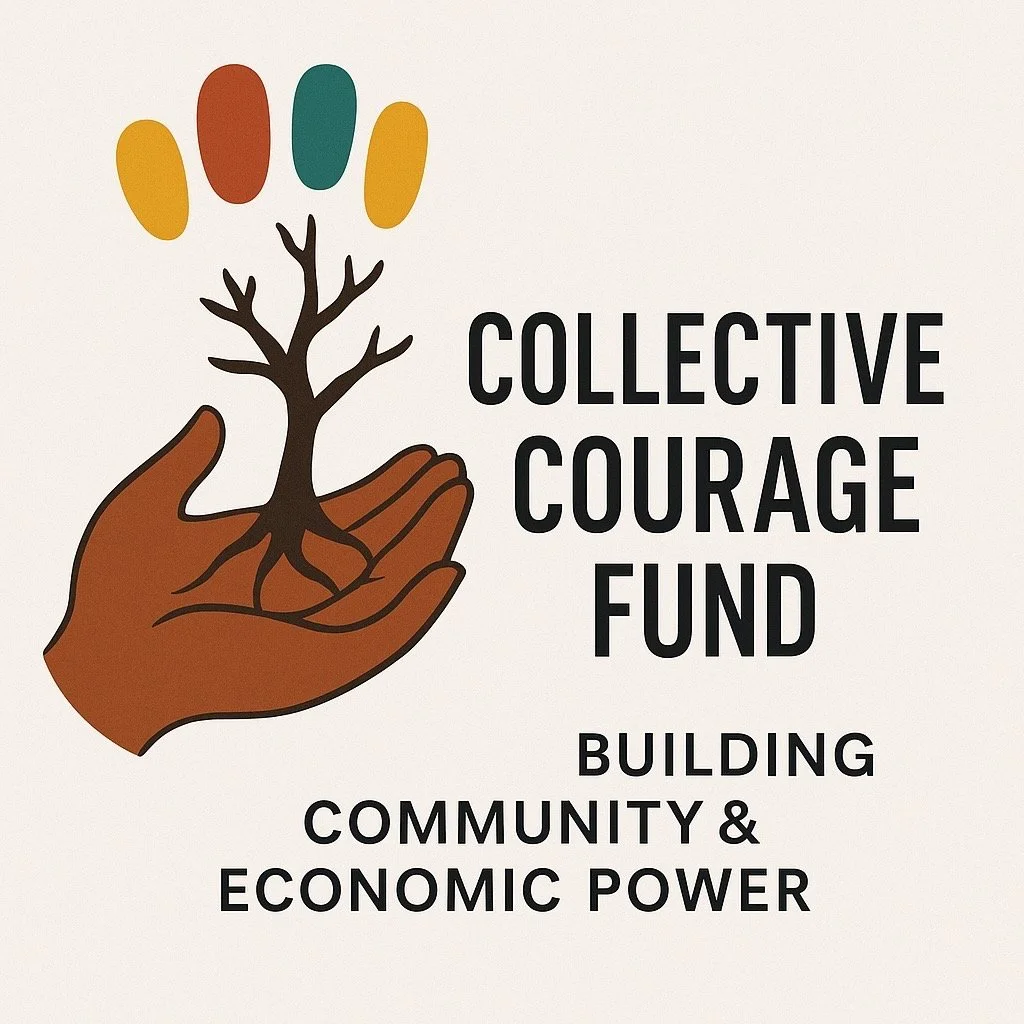Our Projects
The Collective Courage Fund
The Cooperative Approach to Building Community Power
The Collective Courage Fund is named after a book by Dr. Jessica Gordon Nembhard entitled, “Collective Courage: A History of African American Cooperative Economic Thought and Practice'. This stellar book has inspired Cooperators across the United States by sharing the stories, victories, and challenges of the Black Cooperative Movement in the U.S.
The book can be purchased here.
“The history of African-American cooperativism is really a parallel, a sort of a silent partner, to the long civil rights movement. The story is not just about the triumph and the survival of co-ops in the black community, but it’s also about the sabotage and the challenges.”– Jessica Gordon Nembhard
What is a Cooperative?
Cooperatives are tools to win long-term power through economic development and cooperation, while building community belonging and a sense of shared fate. Cooperatives, or co-ops, are organizations democratically owned and controlled by their members - people who work, produce or consume goods at the Co-op. Historically, cooperatives develop when the community cannot get its needs met in the traditional market. These organizations are critical political and economic enterprises. They create community assets (buildings, land, food systems, market systems), educate members (training on nutrition, farming, leadership, management), and build community (gathering spaces, meetings, and culture) as core functions of the cooperative. Indigenous peoples across the globe have documented use of these principles and, in post-colonial regions, these were first documented by the founders of Rochdale Equitable Partners Society during the Industrial Revolution and adopted later by the International Co-operative Alliance in 1995. The seven cooperative principles are the core values that guide the cooperative movement.
The Seven Principles
Voluntary and open membership.
Democratic member control.
Member economic participation.
Autonomy and independence.
Education, training, and information.
Cooperation among cooperatives.
Concern for community.

